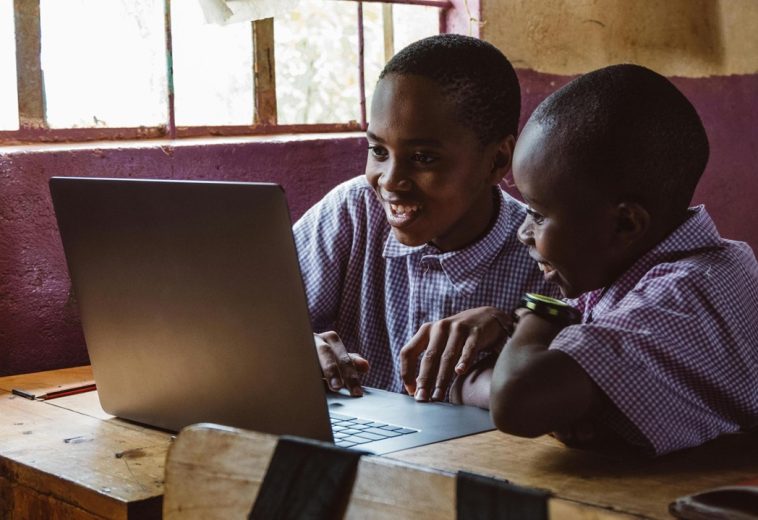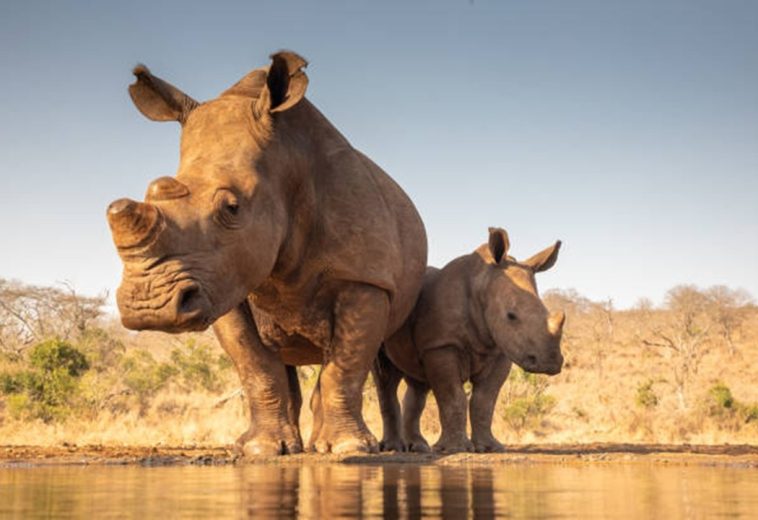Africa stands at a crossroads in its development journey, with many nations making significant strides in economic and infrastructural growth. However, some continue to face challenges such as poverty, unemployment, and inequality. One of the most critical factors in overcoming these obstacles is the strengthening of local capacity, particularly through education and skills development. By equipping the African population with the tools needed to succeed in an ever-changing world, African nations can better position themselves to meet the challenges and opportunities of the 21st century.
According to the United Nations Educational, Scientific and Cultural Organization (UNESCO), Africa is home to a youthful population, with over 60% of its people under the age of 25. This “youth bulge” presents both a challenge and an opportunity, as these young people represent a vital workforce capable of driving Africa’s development.
READ ALSO: Investing in the Future: Corporate Contributions to Education and Vocational Training
However, leveraging this growing population requires substantial investments in education, training, and job creation.
Across much of Africa, access to quality education remains limited, especially in rural and underserved areas. Many children, particularly girls, face barriers such as poverty, cultural norms, and a lack of infrastructure. Addressing these issues is critical to ensuring that all young Africans have the opportunity to learn and realise their potential.
There is an increasing mismatch between the skills taught in schools and the skills required by employers. Many African graduates find themselves unprepared for the demands of the labour market. A key focus should be placed on making education more practical, relevant, and aligned with the needs of industries such as technology, agriculture, healthcare, and manufacturing.
The demand for skilled workers in fields like construction, engineering, information technology, and healthcare is growing rapidly, yet many young people lack the practical skills necessary to fill these roles. Vocational training programmes, apprenticeships, and technical schools can bridge this gap by offering hands-on training and certifications that lead to employment opportunities.
In many African countries, where formal employment opportunities are limited, young people are increasingly turning to entrepreneurship as a means of livelihood. However, many lack the skills or resources to establish and grow successful businesses. Promoting entrepreneurship education—teaching financial literacy, business management, marketing, and digital skills—can help foster a new generation of business leaders who create jobs and contribute to economic growth.
To address these challenges and unlock the full potential of Africa’s human capital, a multi-faceted approach to building local capacity is essential. Governments, international organisations, non-governmental organisations (NGOs), and the private sector must collaborate to develop and implement strategies that enhance education systems and provide young Africans with the skills they need to thrive.
Reforming Africa’s education systems—updating curricula, improving teacher training, integrating digital literacy across all levels of education, expanding access to early childhood education, and investing in the construction of schools, particularly in rural areas—is crucial for building a foundation for lifelong learning. This requires collaboration between governments, private companies, and NGOs to create innovative solutions to address the skills gap.
Private-sector companies can partner with educational institutions to design training programmes tailored to industry needs. For example, in sectors like technology and finance, companies can offer internships, apprenticeships, and on-the-job training to help young people transition from education to employment. Governments can provide the regulatory framework and financial support needed to ensure the success of such collaborations.
In many African countries, women face additional barriers to education, including cultural biases, early marriage, and household responsibilities. Educating women not only equips them to contribute to their families, communities, and economies, but it also has a profound impact on society by promoting gender equality, reducing poverty, and improving health outcomes.
International organisations and partners play a vital role in strengthening education and skills development across Africa. The African Union (AU) and its specialised agencies, such as the African Union Educational, Scientific and Cultural Organization (AUESCO), are working to harmonise education systems across the continent, promote regional integration, and address common challenges.
Strengthening education and skills development is the key to unlocking Africa’s potential. By focusing on providing quality, relevant education, fostering entrepreneurship, and promoting lifelong learning, Africa can build a skilled, resilient workforce capable of driving innovation and prosperity. Building local capacity through education and skills development is not just a moral imperative; it is an economic necessity that will shape Africa’s future for generations to come.


















